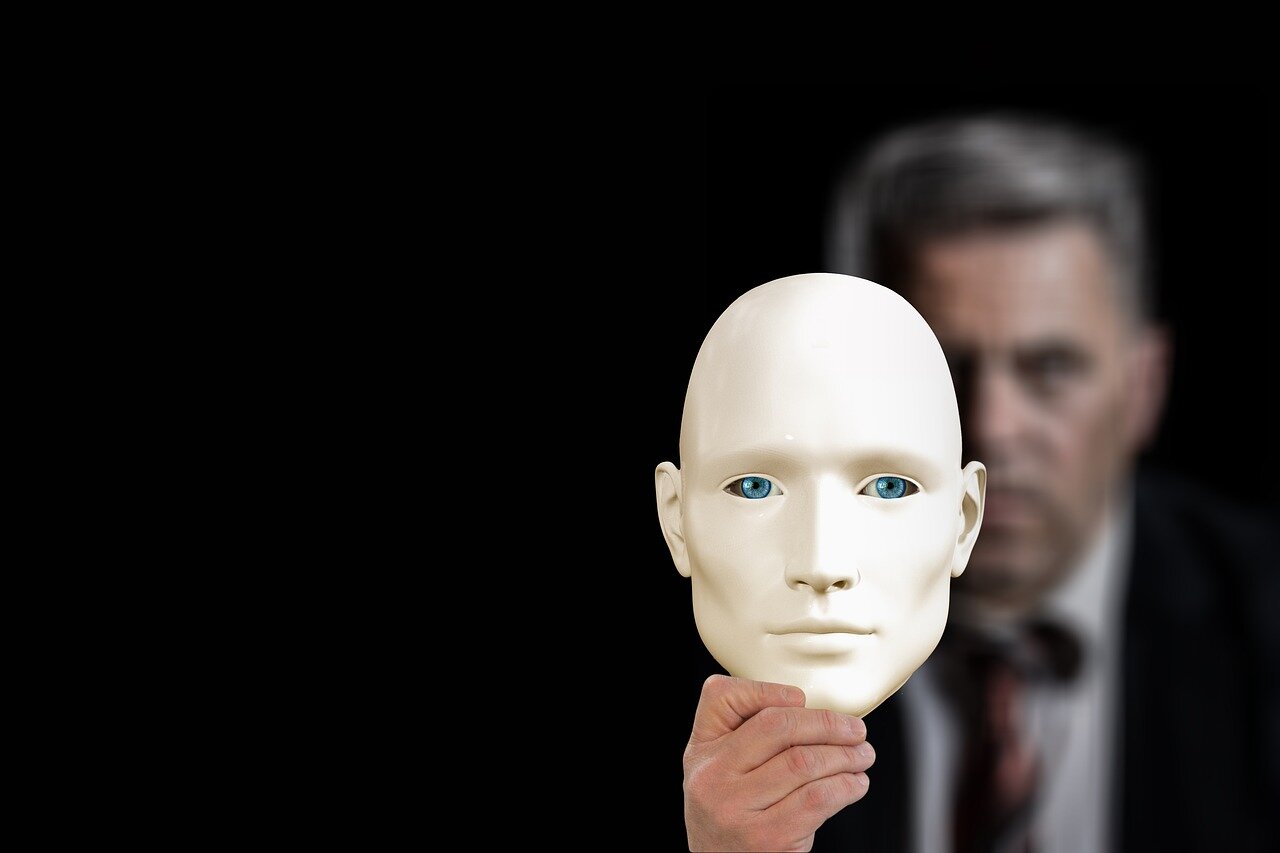Now for the very good news. Since we now understand that PD is principally a problem with the Nervous System, it is entirely possible that we can pro-actively prevent further degeneration, and even regain what we've already lost, because Vagal Tone can always be improved, neurons regenerated, neural pathways re-written, and senses retrained
Read MoreRelationships and Parkinson's Disease
This series of articles includes many self-help tips on how to potentially improve/prevent further atrophy of the cranial nerve functions, to try to increase “vagal tone”. The hope is to delay, or even reverse, the losses of facial expression, light in the eyes, melody in the voice, and ability to listen, all of which can impact significantly on other people’s chances at being able to relate to us, as well as our own ability to read with veracity the social cues coming from others.
Read MoreFeeling Safe and Parkinson's Disease
This article seeks to convey pragmatic and applicable knowledge of the human nervous system to people affected by Parkinson’s Disease and those involved in providing healthcare and caregiving, as well as to try to summarize for myself my own current understandings of these concepts. In particular, we explore the role of people, attitudes and relationships in the lived experience of people with PD.
Read MoreSocial Engagement and Parkinson's Disease
Recently, I described how the "Polyvagal Theory" of Dr Stephen Porges not only provides an elegant explanation for Parkinson's Disease and all its symptoms, but also suggests the actions we can take towards healing. Here, we return to this Nervous System (NS) dysfunction perspective of PD, and explore further how it informs us about what we can do to progressively decrease our symptoms.
Read More


